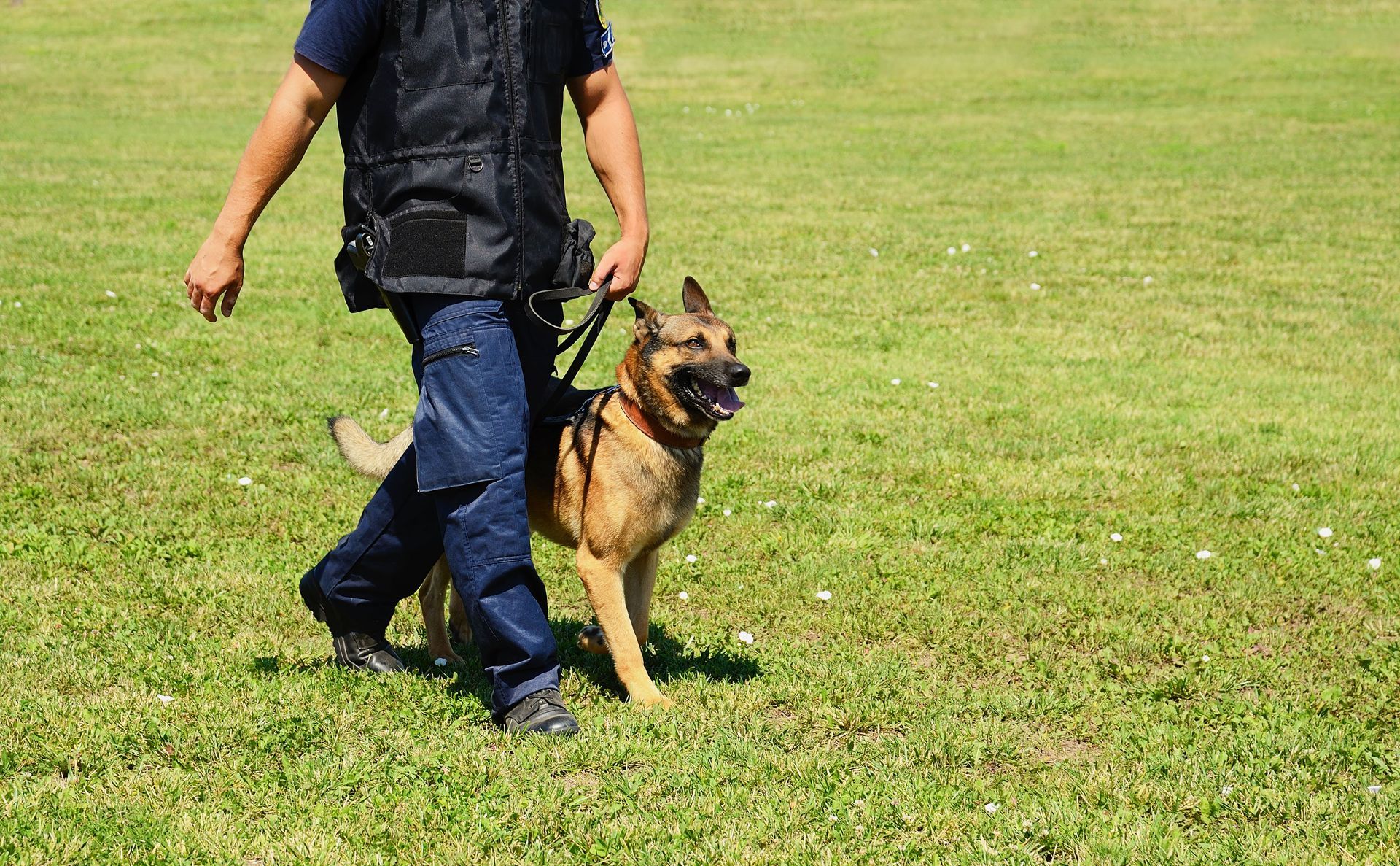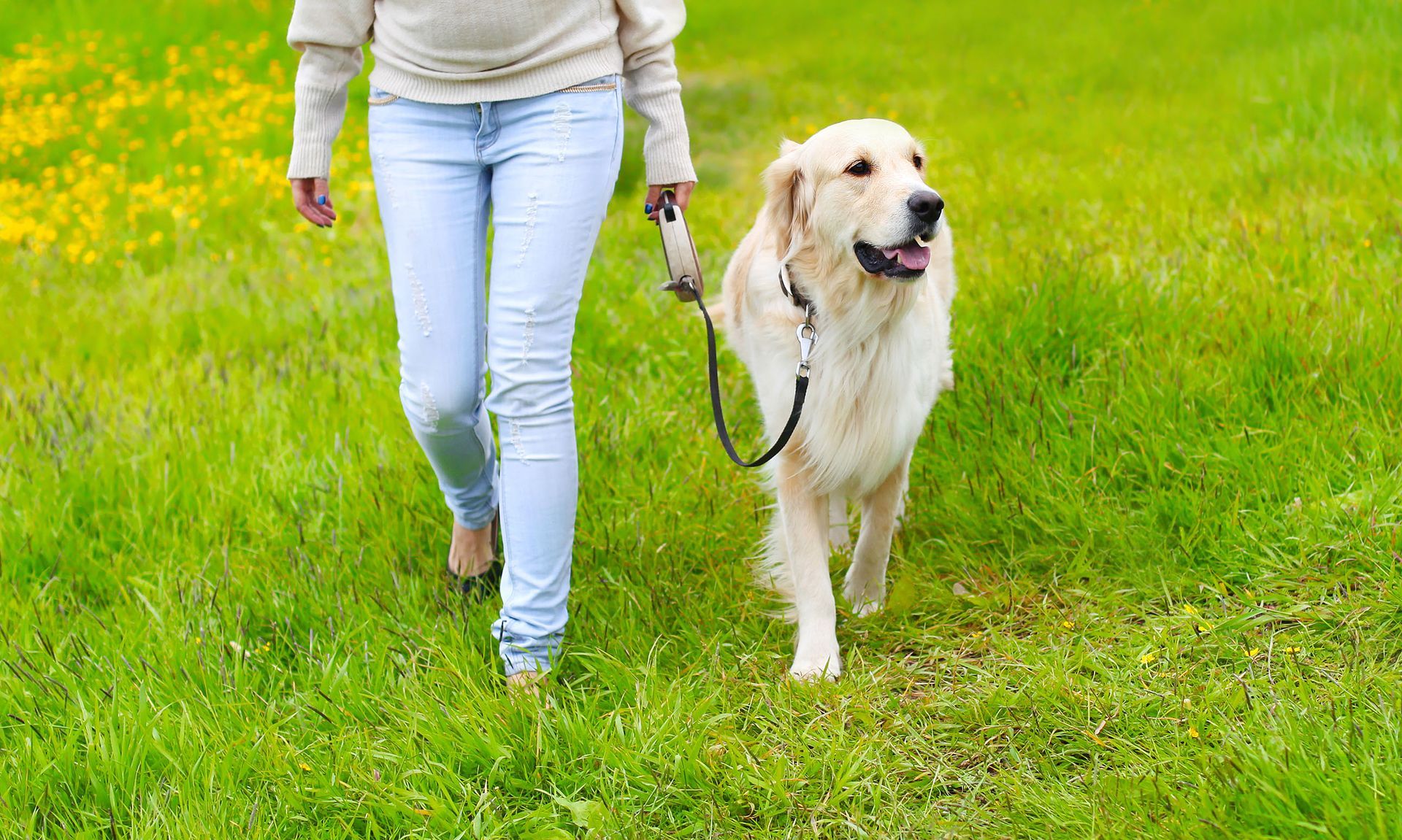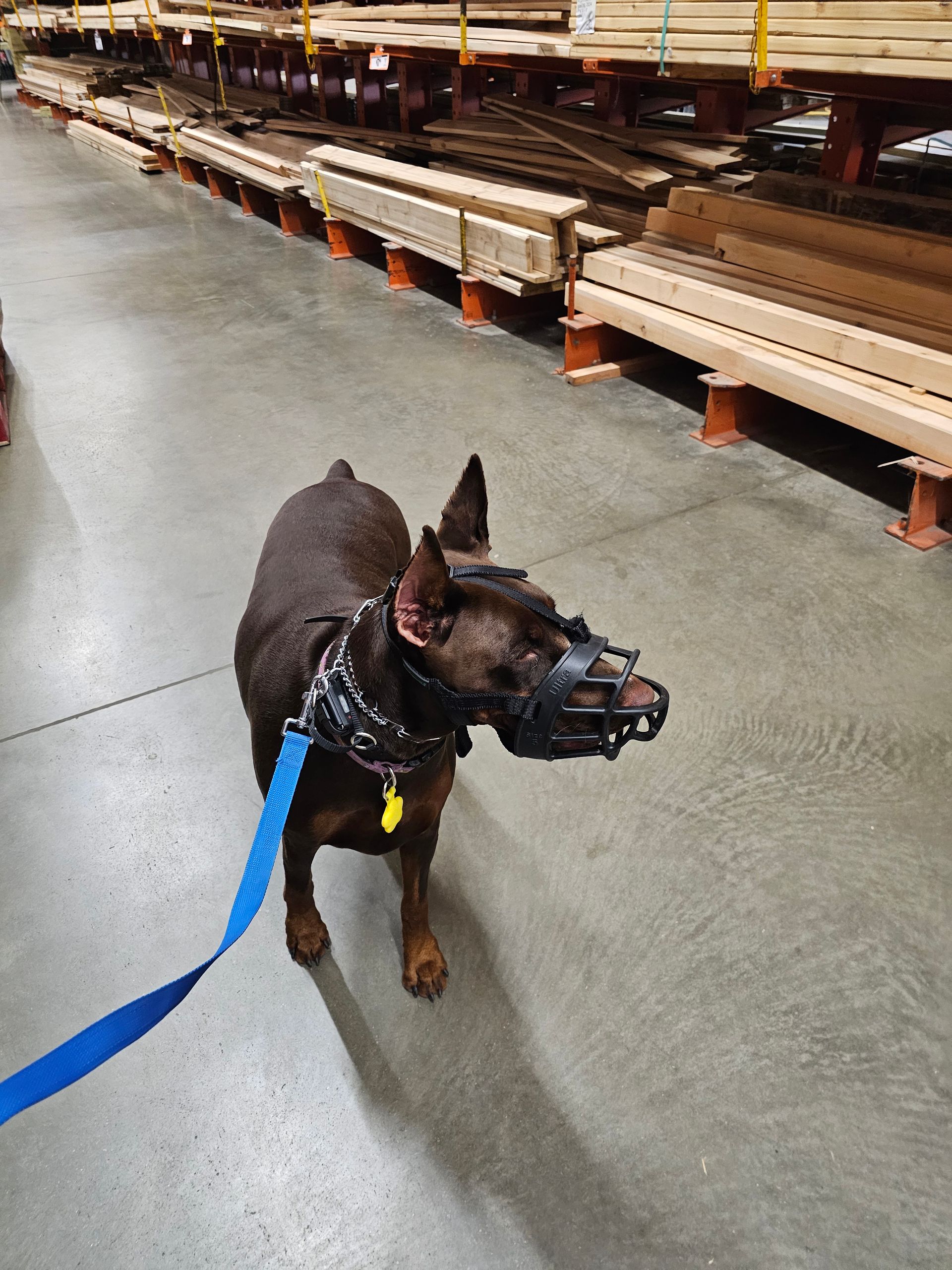The 5 Benefits of Dog Training
Dog training is more than just teaching your pet some basic commands like 'sit,' 'stay,' or 'roll over.' It plays a fundamental role in building a deep and meaningful relationship between the dog and its owner. Training helps dogs understand their role within a family dynamic, ensuring they feel safe, secure, and happy in their environment. For the owner, it offers an opportunity to enhance communication and understanding with their four-legged friend. This article will delve into the numerous benefits that comprehensive dog training can offer, touching on aspects such as communication, behavior, safety, and emotional bonding.
1. Enhanced Communication
Effective dog training starts with understanding a dog’s body language, as this is the primary mode of communication for them. Recognizing the subtle cues like tail wagging, ear positions, and body posture helps owners interpret their pets' feelings and intentions. For instance, a dog with a tense body and pinned-back ears may be experiencing anxiety or fear. Training allows owners to become more attuned to these signals, leading to more harmonious interactions. This mutual understanding lays a solid foundation for further training efforts.
Verbal commands are vital tools for establishing consistent communication between dogs and owners. Commands like 'sit,' 'stay,' and 'come' provide clear guidance for the dog, promoting predictable and manageable behavior. The process of teaching these commands enhances the bond between the dog and the owner due to the shared effort and reward system. As training progresses, more complex instructions can be introduced, enriching the dog’s mental stimulation. Consequently, effective verbal communication can vastly improve the quality of life and reduce misunderstandings or misbehavior.
Consistency is key when it comes to communicating effectively with dogs. Without consistent signals, a dog may become confused, leading to frustration for both the pet and owner. Training focuses on using consistent commands and signals for specific behaviors, which helps the dog learn more effectively. Over time, as dogs learn to associate certain words or actions with specific behaviors, they become more responsive and diligent in following instructions. This predictability fosters a secure environment where dogs can thrive.
2. Improved Behavior
A significant benefit of dog training is the reduction of aggressive behaviors. Dog training teaches them how to respond non-aggressively to various stimuli, whether from other dogs, people, or unfamiliar environments. This learned calmness comes from both obedience training and proper socialization experiences. Owners learn to manage their dogs’ triggers, gradually desensitizing them to potentially aggressive situations. Through training, dogs can develop confidence, reducing the likelihood of aggressive reactions.
Destructive habits such as chewing furniture, digging up the yard, or incessant barking can be mitigated through effective training. Trainers work with owners to identify the root causes of these behaviors, such as boredom or anxiety. Introducing structured training regimens and enriching activities provides a suitable outlet for a dog's energy and curiosity. As behaviors become more predictable, destructive tendencies reduce significantly. The outcome is a more harmonious household and a happier pet.
Proper training introduces and facilitates socialization opportunities for dogs with other canines. By learning how to interact and play with other dogs, social skills are improved, promoting healthy relationships. Such experiences prevent the development of fear or aggression towards unfamiliar dogs. According to Dogster, 8% of dog owners have noticed improved social behavior in their dogs after attending obedience classes. Socialization is a key component of training, leading to well-balanced and friendly dogs.
3. Controlled Behavior
Training for off-leash reliability offers dogs freedom while ensuring they remain under control. With trained commands, dogs can enjoy open spaces and exercise freely, with owners assured of their responsiveness to calls. In turn, this level of discipline and independence fosters a higher quality of life for dogs, who benefit from the freedom of exploration without the constraints of a leash. Owners, meanwhile, enjoy peace of mind knowing their dogs will return when called. Reliable off-leash behavior requires extensive training and dedication but yields rewarding outcomes.
Training enhances a dog's ability to react appropriately to potentially dangerous situations. In the face of unforeseen circumstances, such as encountering aggressive animals or navigating through traffic, trained commands can be life-saving. Dogs learn to follow the owner’s lead to remove themselves from immediate danger. Regular training reinforces these reactions, making them second nature to the dog. This preparedness lends an added layer of security when exploring the world together.
Recall skills are fundamental for retaining control over a dog in diverse environments. Training enhances the effectiveness of recall commands, ensuring dogs return promptly, even amidst distractions. Practicing recall consistently outside, with increasing levels of difficulty, solidifies the dog's understanding and compliance. Improved recall fosters a sense of reliability in the pet-owner relationship, essential for off-leash excursions. This skill is a cornerstone of safe and controlled outdoor activities.
4. Strengthened the Human-Dog Bond
Trust is the cornerstone of a profound and lasting relationship between a dog and its owner. Training plays a pivotal role in building this trust, as it involves mutual understanding and collaboration. Consistent interaction during training sessions fosters a safe and dependable environment. Over time, dogs become reliant both emotionally and behaviorally on their owners. This established bond leads to improved cooperation and a sense of security for both parties involved.
Engaging in joint activities and training sessions significantly strengthens the human-dog connection. Working together on tasks, challenges, or exercises creates a shared sense of accomplishment and enjoyment. These interactions enrich the training experience, reinforcing the dedication and affection between both parties. Additionally, physical activities and games performed together further enhance the relationship by contributing to well-established routines and pleasant memories. Such experiences become treasured threads in the tapestry of a fulfilling companionship.
5. Mentally Stimulated
Puzzle games offer valuable mental stimulation for dogs, which is as important as physical exercise. These games challenge dogs to think critically and solve problems, engaging their curiosity and intelligence. Training often incorporates puzzles as a means to keep training sessions captivating and fresh. Regular engagement in these activities enhances cognitive function and reduces the risk of boredom-induced misbehavior. Cognitive exercises strengthen a dog’s mental agility, contributing to overall well-being.
Training encourages a more active lifestyle, essential for maintaining a dog's physical health. Activities like agility, obedience courses, or fetch, integrated into training, ensure dogs stay fit and energetic. Consistent physical exercise contributes to a dog’s longevity and happiness. Owners also benefit from heightened physical activity, enjoying the time spent walking, running, or playing together. This shared enthusiasm for activity promotes a balanced and healthy life for both dog and owner.
Training itself serves as a mental challenge for dogs, requiring focus, discipline, and intelligence. The structured practice of learning and reinforcing commands exercises their minds continuously. This mental exertion can tire a dog as much as physical exercise, leaving them content and relaxed. Through constant learning opportunities, dogs stay sharp and well-adapted to their environments. As a result, training becomes a crucial part of sustaining mental happiness and vigor.
Dog training impacts several facets of both the dog's and owner's lives, as explored in this detailed outline. From enhancing communication and improving behavior to fostering safety, emotional bonding, and discipline, training is essential for a happy and successful human-dog relationship. With dedication, owners can transform their dogs’ life experiences, unlocking a wealth of benefits that extend to everyday interactions. Through training, both dogs and owners embark on a lifelong journey—a partnership that deepens with every command learned and every lesson taught. For more information about the services that we offer, reach out to our incredible team at Who's Walking Who KC Dog Training today!




Share On: